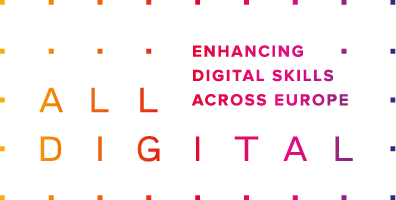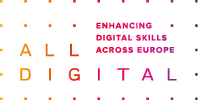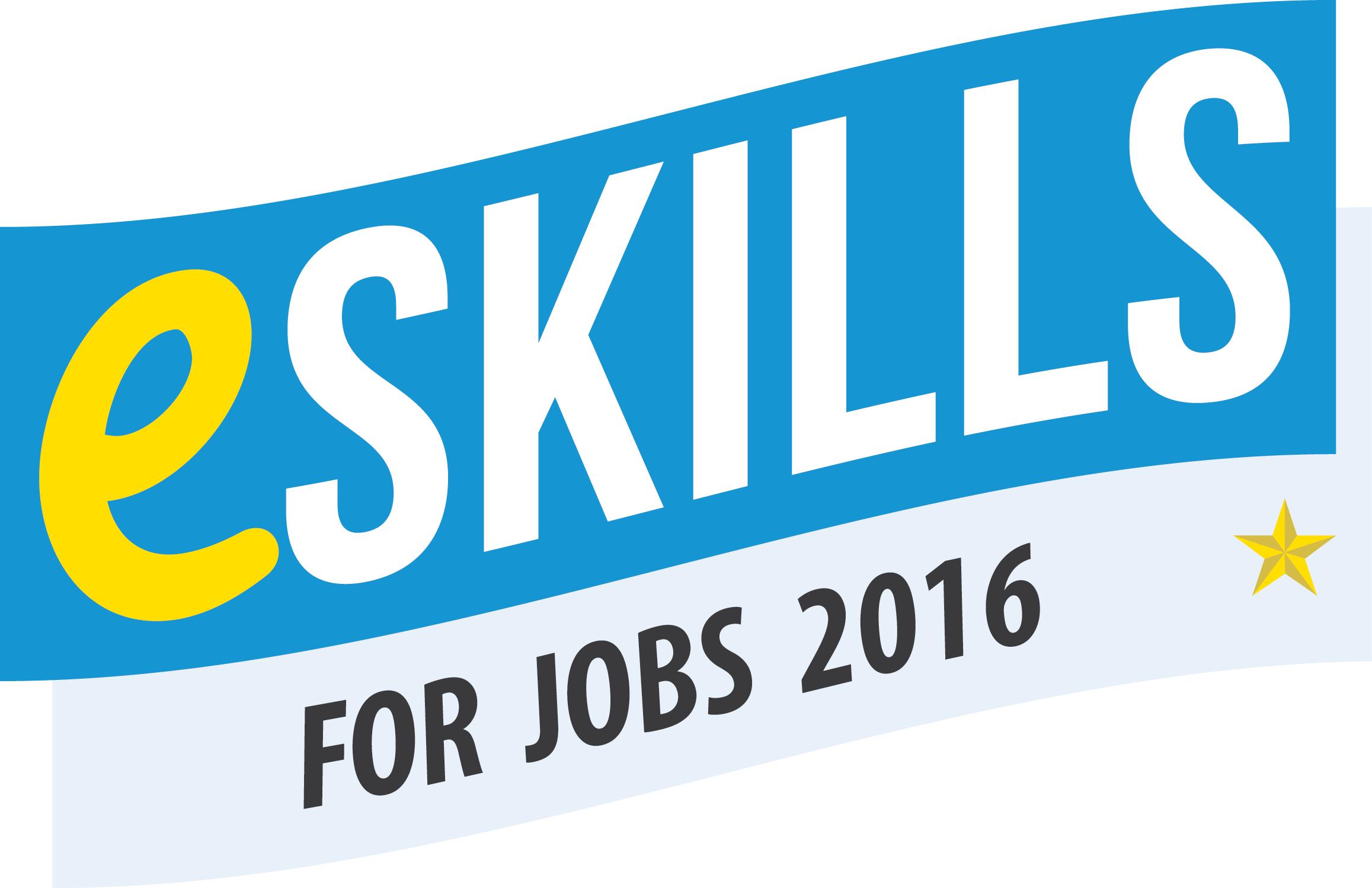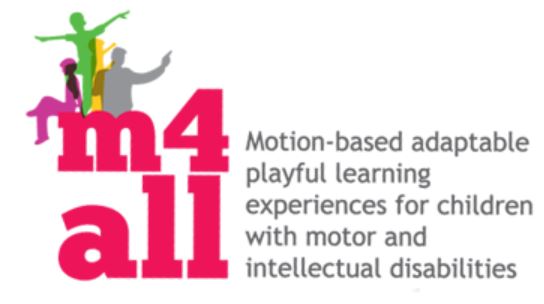01 Dec M4ALL
01 Dec, 2012
The acronym M4ALL stands for “motion-based adaptable playful learning experiences for children with motor and intellectual disabilities“.
The goal of the project was to investigate the combination of two paradigms – game based learning and gesture based computing – for children with cognitive and motor disabilities, exploring a new type of learning activities for this target group. These games would help children with special needs develop or augment their cognitive and motor abilities thus improving their quality of life and avoiding children’s drop outs (around 27% drop-out rate).
The M4ALL project partners exchanged knowhow and experiences from the areas of interaction design with motion detection and gesture technologies for children with special needs as well as game-based learning in order to create a new technology enhanced learning model that could held children with special needs to improve their motor and cognitive skills at schools, medical centers and home.
This project promoted a new idea for the lifelong learning activities of people involved in the learning of children with motor and intellectual disabilities. It covers 3 interlinked LL sub-programmes, i.e. Comenius since it proposed the M4All educational approach for integrating playful learning activities in special schools, LdV as it offers training on the M4All approach to children’s therapists & teachers and Grundtvig for practical learning for parent to offer training & support at home.
OUTCOMES
The playful learning experiences took the form of games. M4ALL educational games were developed using affordable and widespread interactive technology. The games offered customisation capabilities to enable caregivers adapt the gaming experience to the individual requirements of each child. The M4ALL games were:
- Pico’s Adventure (developed by University Pompeu Fabra)
- Uni Paca Girl (developed by University of Piraeus)
- VEP Games (developed by University of Milan)
- World of Darlin (developed by University of Eindhoven)
The learning effectiveness of M4ALL games was evaluated in educational institutions or therapeutic centers through a set of pilot studies in different countries.
In addition, M4ALL provided a conceptual framework to help designers and developers who build motion/game-based applications for children with disabilities.The project also provided a pedagogical model that identified the principles for exploiting bodily interaction and gaming activities in special education.
Finally, M4ALL developed training material on how to use the project games. This compendium helps therapists and special educators. It facilitates the use of these tools outside therapeutic centers and schools, for example at home, enabling parents to be directly involved in the educational process of their children.
PROJECT PARTNERS
- POLITECNICO DI MILANO, Italy – Coordinator
- CENTRO BENEDETTA D’INTINO ONLUS, Italy
- ΚΕΝΤΡΟ ΕΡΕΥΝΩΝ ΠΑΝΕΠΙΣΤΗΜΙΟΥ ΠΕΙΡΑΙΑ, Greece
- ΔΙΑΔΡΑΣΤΙΚΕΣ ΤΕΧΝΟΛΟΓΙΕΣ ΜΑΘΗΣΗΣ ΚΑΙ ΠΟΛΙΤΙΣΜΟΥ, Greece
- Eindhoven University of Technology, Netherlands
- Universitat Pompeu Fabra, Spain
- ALL DIGITAL (previously Telecentre Europe), Belgium




